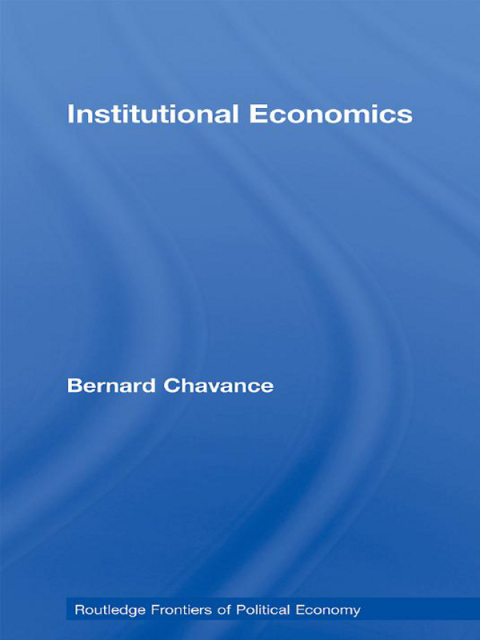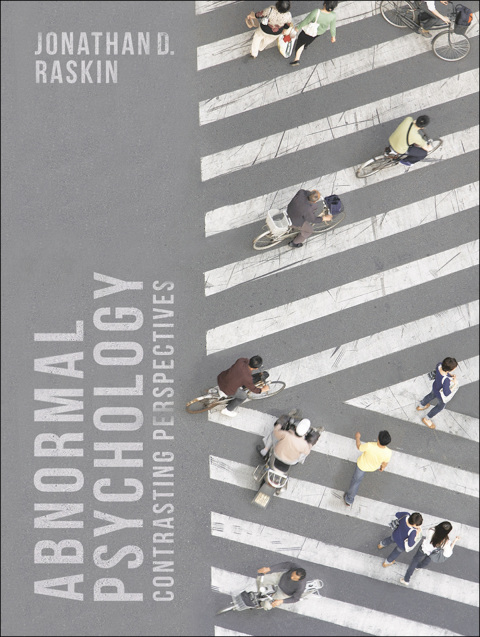Description
Efnisyfirlit
- Routledge Frontiers of Political Economy
- Contents
- Tables
- 1 Introduction
- 2 Original institutionalism
- Schmoller and the German historical school
- Institutions and organs
- Institutions, freedom and progress
- Custom and law
- Veblen’s ‘evolutionary institutionalism’
- The errors of the ‘non-Darwinian’ theories
- The limitations of Marx and of the historical school
- The case for an evolutionary science of economics
- Nature and origin of institutions
- Instincts and habits
- Veblenian dichotomy and dualisms
- Institutional evolution
- Cumulative causality
- The evolutionary selection of institutions
- Hamilton: ‘institutional economics’
- An advocate of institutional economics
- Social usage and habits
- Institutional conversion
- The ambivalence of institutions
- Commons: organizations and institutions
- The limitations of economic theories
- The ‘institutionalized mind’
- Going concerns
- The ‘working rules’
- A theory of transactions
- Collective action and ‘common law method’
- Institutionism, temporality and futurity
- Polanyi and the economy as an instituted process
- The forms of integration
- Problematical ‘disembeddedness’
- 3 The Austrian school and ‘ordoliberalism’
- Menger: the organic and pragmatic approaches
- Money as an organic institution
- A complex interaction
- Hayek’s ‘orders’ and ‘rules’
- The institutions of liberty
- Orders and rules
- Rules, division of knowledge and transmission of knowledge
- The State and the law
- Cultural evolution
- Eucken and ‘ordoliberalism’
- Economic order, property and planning
- The State as guardian of the competitive order
- Constitutive and regulatory principles
- 4 The new institutional economics
- Williamson and the mechanisms of governance
- The market, the firm and transaction costs
- The comparative efficiency of different modes of governance
- The intermediate position of the NIE
- North: formal and informal institutions
- The limitations of neo-classicism
- Formal and informal institutions, ‘enforcement’
- Power versus efficiency
- Organizations and institutions
- Institutional change
- Institutional matrix and ‘path dependence’
- Institutions and performance
- Game theory and comparative institutional analysis
- Aoki: institutions as shared beliefs
- Greif and the conjunction of rules, beliefs and organizations
- 5 Contemporary European currents of thought
- Regulation theory: historical macroeconomics
- The institutional forms of historical capitalism
- Institutions and institutionalized compromises
- Diversity of capitalisms, complementarity and hierarchy
- Crises
- The economics of conventions: interpreting the rules
- Conventions as institutions
- Inter-individual co-ordination: the scope for interpretation
- The economics of worth
- The multiplicity of forms of co-ordination
- Hodgson and the revival of the ‘old institutional economics’
- Layered reality and emergence
- The case for evolutionary thesmology
- Reconstitutive downward causation
- 6 Unity and diversity of institutionalisms
- Major common themes
- Remarkable diversity
- Theoretical differences
- Limited subject, general theory
- Notes
- Bibliography
- Index





